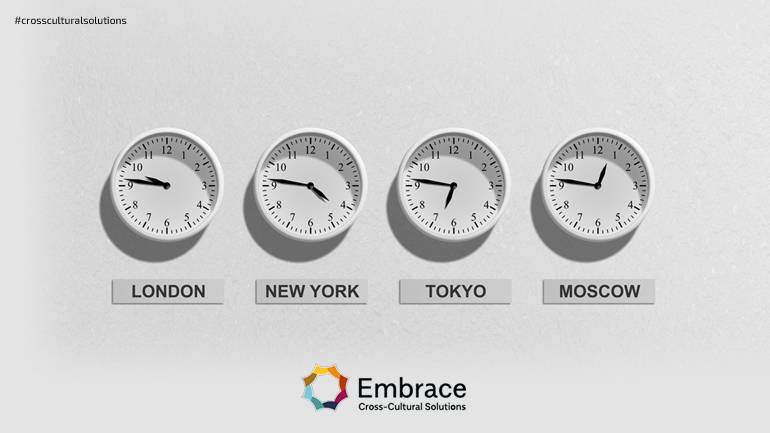Have you ever stopped to think about the importance of time in your life? What is the scale of hierarchy that time occupies in your life? How do you manage time in your daily life? How important is it to be according to the time for your appointments?
Although it may not seem so often, time is the master of our lives because everything we do needs to be by the time and how we manage it. This organization, or the lack of it, can determine the success or not of our projects, be they personal or professional, especially if we are talking about different cultures. You may be wondering about the importance of all this, but you should know that the delay tolerated and even accepted in some cultures may not be accepted by others.
Punctuality, much more than an organization, is a matter of respect for the other person who has made space in their schedule to meet you, whether it is a meeting with friends or a professional conference. So, if you belong to a culture that understands that 10 minutes or even half an hour is not considered a big problem, know that this delay is unacceptable in other cultures. So if you plan to move to another country or live in a country that does not have this "flexibility" in punctuality, maybe it is time to reconsider your values.
Understanding the subtleties, including those not expressed verbally, about the conceptions of time that govern the expectations and behaviors adopted in certain societies, although very challenging, is crucial to living well in a new culture to create bonds with the local community through belonging.
Learning about the culture you are moving to or living in is a crucial differential for the success of this very enriching experience. Something that seems simple, just a detail, can have a decisive impact on the foreigner's life, especially when it comes to cultural adaptation. The problem lies when the person doesn't even realize what may be going wrong simply because of the lack of knowledge of the new culture.
